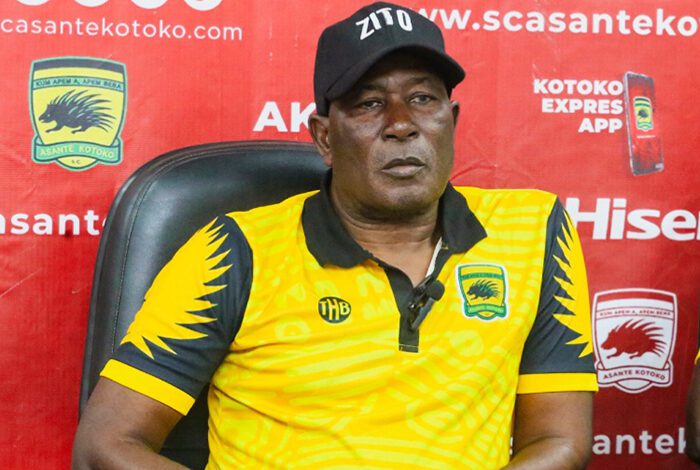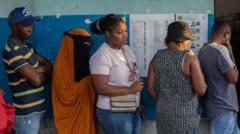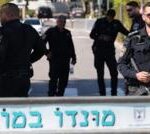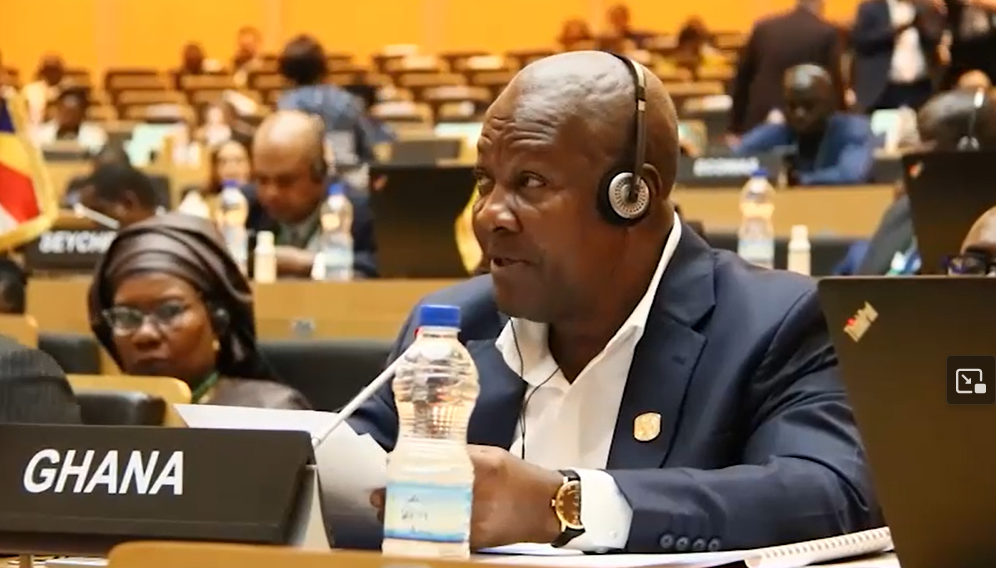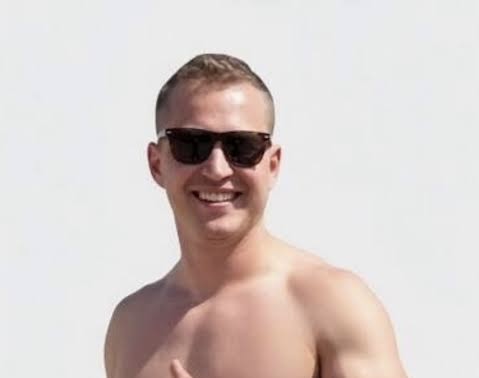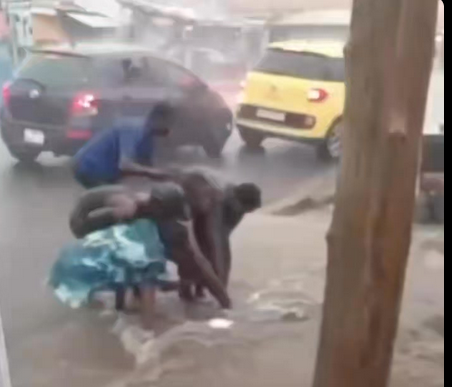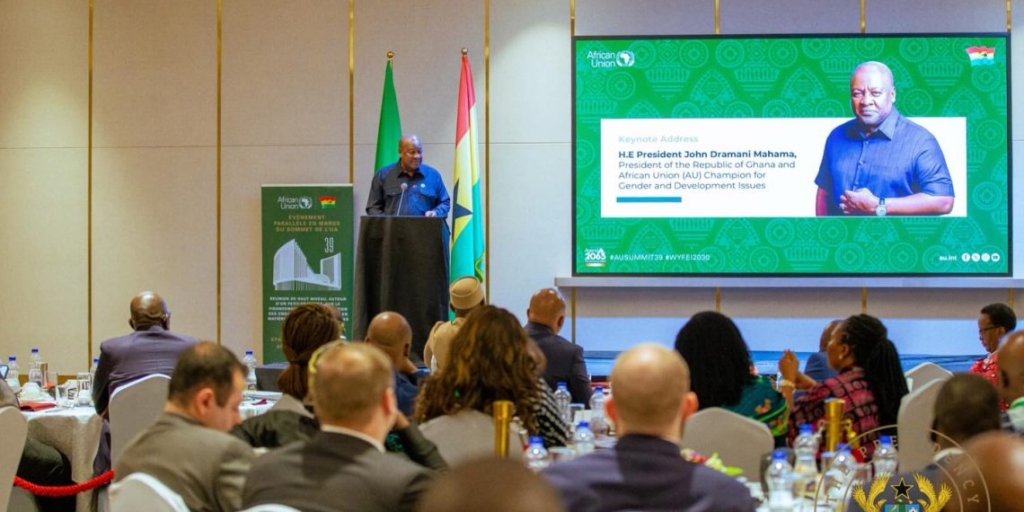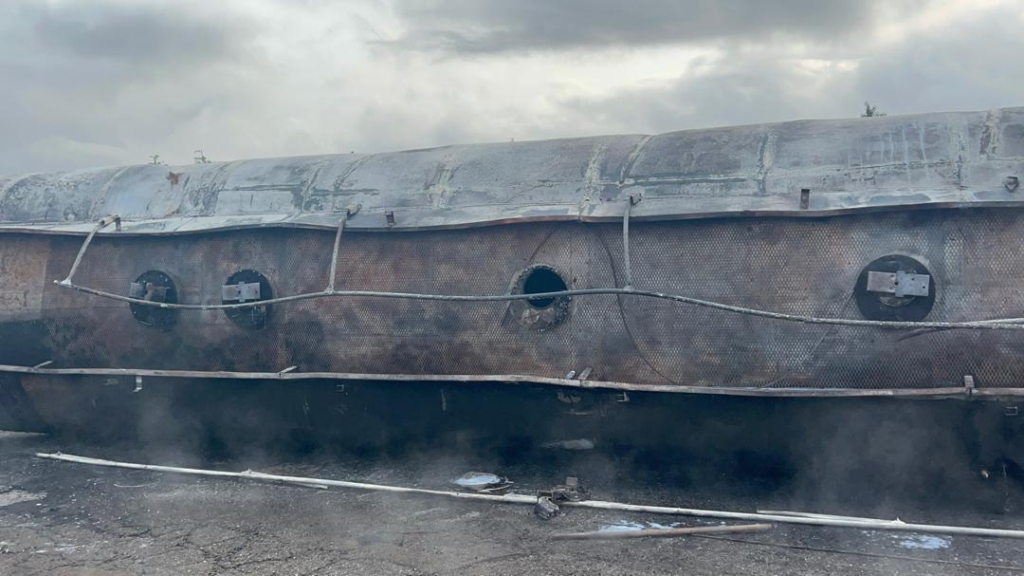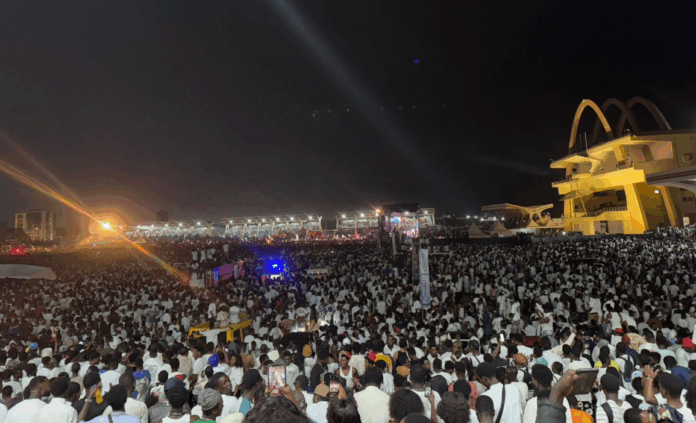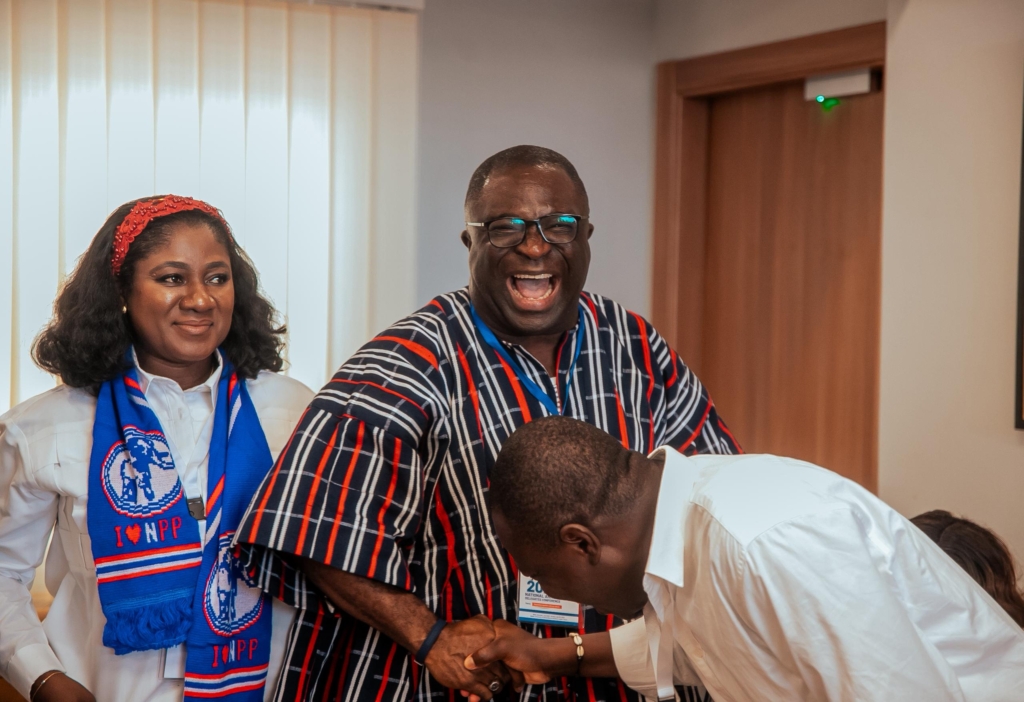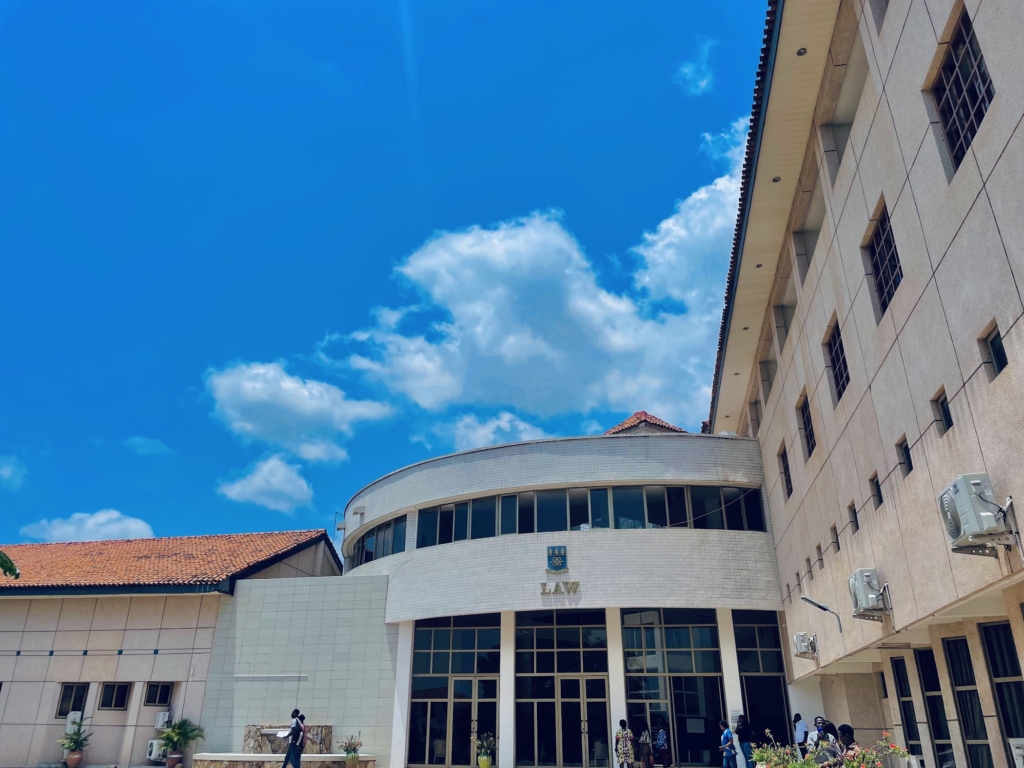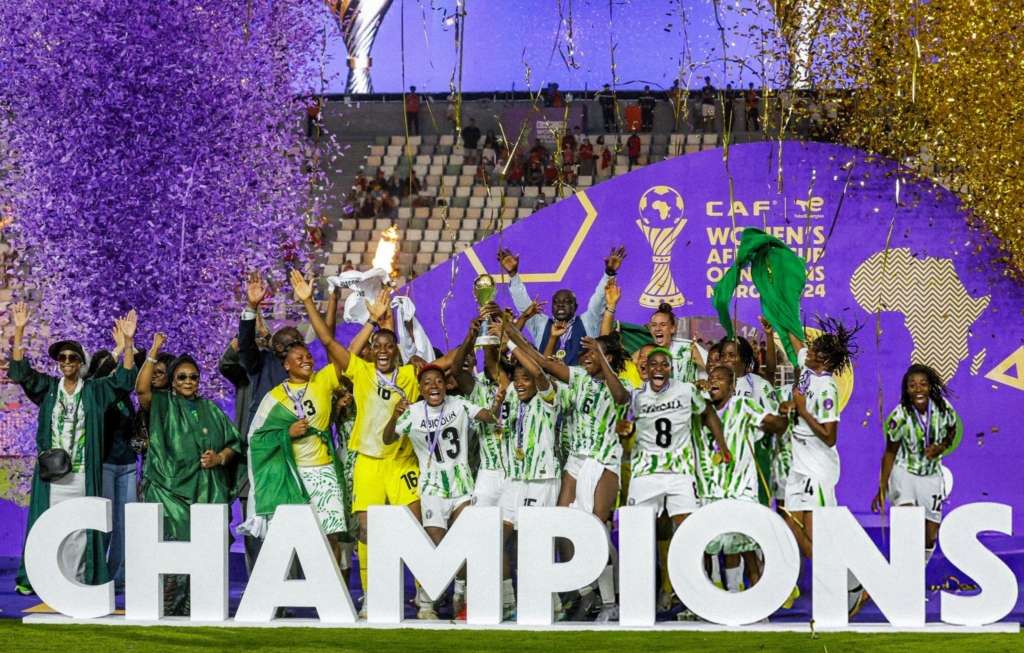The lawyer for a prominent Mozambique opposition figure has been shot dead in the capital, Maputo, along with an official from the same party.
Elvino Dias was the attorney for Venâncio Mondlane, who ran for president of Mozambique representing political party Podemos in an election 10 days ago.
Dias died with fellow Podemos official Paulo Guambe when gunmen attacked their car.
“They were brutally assassinated [in a] cold-blooded murder,” said local rights group the Center for Democracy and Human Rights (CDD).
“The indications [are] that around 10 to 15 bullets were shot, and they died instantly,” said the group’s director, Adriano Nuvunga.
Another organisation, the Mais Integridade election watchdog, said the killings were designed to intimidate anyone demanding transparency in the polls.
One of the victims, Dias, died instantly, but witnesses say the other, Guambe, succumbed to his injuries hours later, and allege that police blocked his evacuation by an ambulance that had arrived at the scene to assist them.
Witnesses also allege that the police engaged in censorship and intimidation, preventing them from recording the violent scene, confiscating and damaging several phones.
The police have denied any wrongdoing, and say they will take all necessary measures to prevent any acts of vandalism, violence, or public disorder in coming days.
“Naturally, we condemn the heinous crime and assure that we are taking all measures to clarify the case,” police spokesman Lionel Muchina said on Saturday.
Tributes have been paid to Dias, described by the Carta de Moçambique news site as a “shrewd lawyer, intrepid, with the tough fibre of a fighter”.
“Elvino was a good, peaceful man,” said Zenaido Machado, of Human Rights Watch.
“Last year, during local elections, he led several elections court cases against the election commission, and he won. This year, he was preparing to do it again.”
Election votes are still being counted in Mozambique. Mondlane says he has won, and disputes claims by the establishment Frelimo party that they are in the lead. He has called for a nationwide strike on Monday.
The European Union, whose observer mission is in Mozambique monitoring the electoral process, called the killings an outrageous crime and urged the government to conduct an independent investigation.
The European bloc said these events followed “worrying reports about violent dispersion of supporters in the aftermath of last week’s election”.
Western observers have cast doubt on the credibility of the election.
Vote-buying, inflated voter rolls in Frelimo strongholds, and voter intimidation have been reported by the US-based International Republican Institute, which sent a multinational election observer mission to Mozambique.
Mozambique has only ever been governed by one party – Frelimo – which has ruled the southern African nation for half a century since independence from Portugal.
The country is guaranteed a new president because President Filipe Nyusi is stepping down after serving the two-term limit.
His successor, the leader of Frelimo, is 47-year-old Daniel Chapo.
His rivals in this election are Mondlane of Podemos, Ossufo Momade, the former rebel commander-turned-leader of the main opposition party Renamo, and Lutero Simango from the Mozambique Democratic Movement.
A civil war between the Frelimo government, with support from Cuba and the USSR, and the anti-communist Mozambican National Resistance (Renamo) rebels took place from 1977 to 1992.
The conflict resulted in more than a million people dying in the fighting and in subsequent famines.
Renamo remains Mozambique’s largest opposition party, and was the springboard for Mondlane’s political career before he defected to the newly formed Podemos earlier this year.
Mozambique is rich in natural resources including rubies and gas, but is also struggling with an Islamist insurgency in the northern province of Cabo Delgado, where soldiers from dozens of countries have been deployed to help.
Additional reporting by Natasha Booty
Go to BBCAfrica.com, external for more news from the African continent.
Follow us on Twitter @BBCAfrica, external, on Facebook at BBC Africa, external or on Instagram at bbcafrica, external


